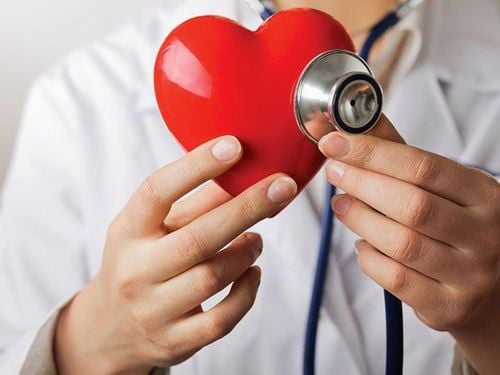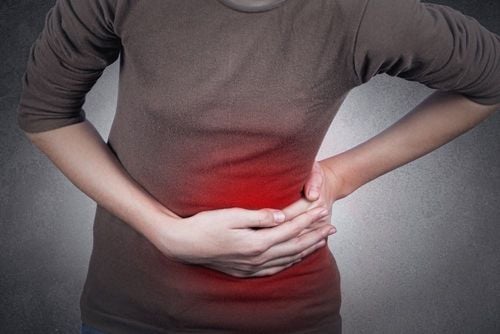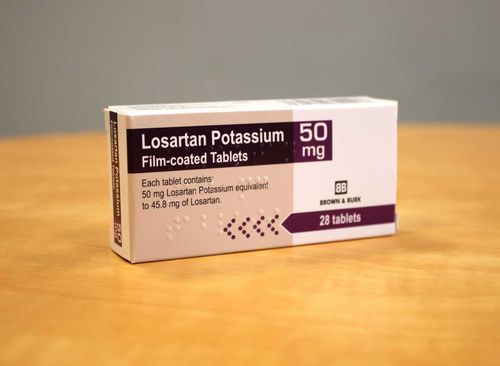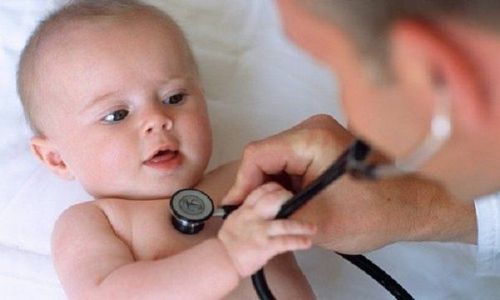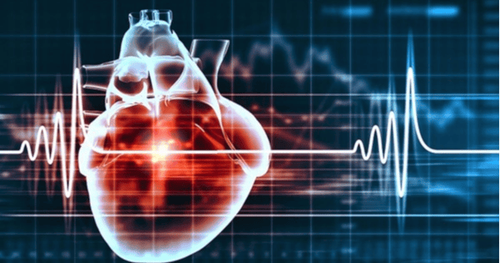This is an automatically translated article.
The article is professionally consulted by Master, Doctor Tran Hong Nhat - Interventional Cardiologist - Cardiovascular Center - Vinmec Central Park International General Hospital. The doctor has more than 10 years of experience in examining and treating interventional cardiovascular diseases.When it comes to heart disease, most people immediately think of a heart attack. However, there are some conditions that can damage your heart and prevent it from doing its job well, such as arrhythmias, cardiomyopathy, or heart failure.
1. Clogged arteries cause a heart attack
The accumulation of plaque (blood fat) causes narrowing of the blood vessels that feed the heart, resulting in a lack of blood supply to the heart. Many patients don't realize they have a heart problem until their arteries are blocked by a blood clot, causing them to have a heart attack.But there may be early warning signs of coronary artery stenosis such as chest pain known as angina .
1.1. How does a heart attack happen? The plaque that causes narrowing of the coronary artery can rupture, which will stimulate the formation of blood clots, resulting in complete blockage of the coronary artery lumen, which means cutting off the blood supply to part of the heart of the patient. friend.
Without oxygen and nutrition, the heart muscle can quickly become damaged and possibly kill you. This often happens suddenly and you need immediate medical help.
When having a heart attack, patients often have the following symptoms:
The pain occurs suddenly, often after exertion or stress, stress Severe pain in the left chest or behind the breastbone, feeling of squeezing in the chest Difficulty may spread to the back, to the throat, jaw, or to the arms. May be accompanied by sweating, feeling short of breath, nausea, indigestion or heartburn.
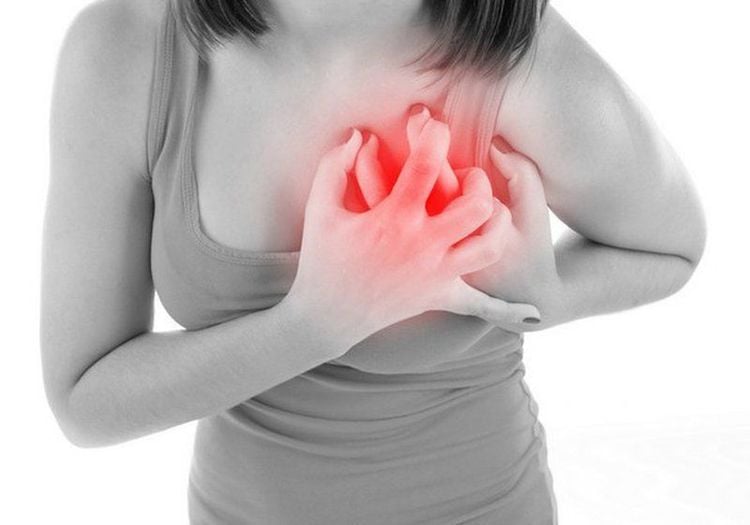
2. Other types of heart disease
2.1. Heart arrhythmias The heart beats due to the stimulation of electrical impulses and they can be faulty causing fast, slow or irregular heartbeat.Arrhythmias are usually harmless and can end quickly. But some cases can have a serious effect and cause serious damage to your body. So talk to your doctor about any unusual symptoms you notice such as palpitations, palpitations or faintness, and fainting for the best way to monitor and treat.
2.2 Cardiomyopathy Abnormal cardiomyopathy or cardiomyopathy makes it harder for the heart to pump blood, resulting in decreased blood flow to the rest of the body.
Over time, health problems like high blood pressure, obesity and diabetes if not treated well can cause heart muscle abnormalities and can lead to heart failure.
2.3. Heart failure Heart failure is a condition in which your heart cannot pump enough blood to meet your body's needs.
Heart failure is the result of many different causes, such as hypertension, valvular heart disease, cardiomyopathy...
Heart failure patients often present with fatigue, edema, and shortness of breath. Patients need to have appropriate treatment measures to reduce symptoms, improve prognosis.
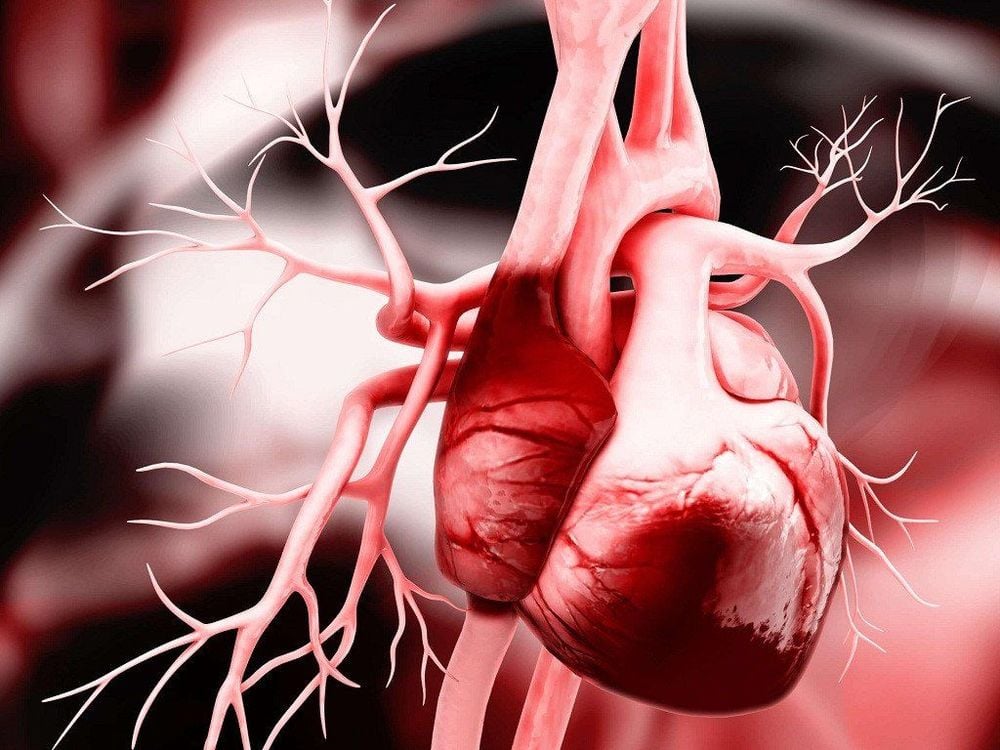
If you have a congenital heart defect, you are more likely to have arrhythmias, heart failure, and heart infections. There are ways to reduce these risks, such as medication, but others require surgery.
3. Tests to evaluate the heart
3.1. Electrocardiogram An electrocardiogram is a method of recording the electrical activity of the heart. The results of the electrocardiogram show whether you have heart rhythm-related abnormalities, such as irregular heartbeat, fast or slow heart rate, etc. It can also indicate whether you are having a heart attack or other symptoms. signs of myocardial ischemia.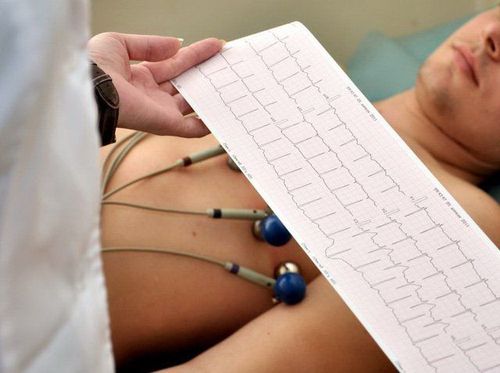
3.3. The Electrocardiogram Holter The Electrocardiogram Holter is a portable device that continuously records the electrical activity of the heart. If your doctor thinks you have a heart rhythm problem, they may ask you to use an electrocardiogram Holter for one to two days.
This device will monitor the electrical activity of the heart continuously, without stopping, different from the usual electrocardiogram, which is only a picture of the heart's activity over a certain period of time.
3.4. Echocardiography An echocardiogram is a method of using ultrasound waves to show images of the heart's activity. From an ultrasound, your doctor can detect damage or problems with your heart's chambers and valves.
Echocardiography helps diagnose disease and assess how effective the treatments you are using are.
3.5. Cardiac CT Scan A contrast-enhanced computed tomography scan of the heart gives detailed pictures of the heart and its blood vessels in 3D.
This method can detect the buildup of plaque or calcium in your coronary arteries, as well as heart valve problems and other types of heart disease.
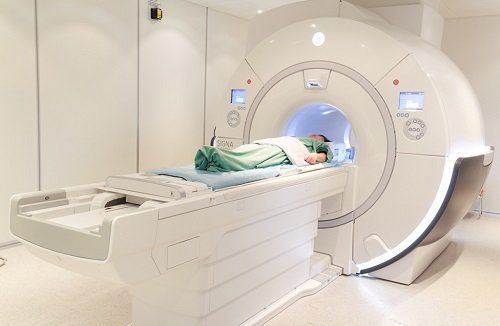
4. Heart Disease Treatments
Most heart diseases are chronic diseases. In the early stages, mild symptoms can be difficult to detect, making it easy to ignore and gradually get worse.If your heart starts to weaken, you may become short of breath or feel tired. You may have swelling in your ankles, feet, or even your legs. In many cases, the right and long-term treatment can help keep things under control.
4.1. Drug therapy Medications to help stabilize cardiovascular risk factors such as blood pressure, diabetes, or lower cholesterol levels. Some other medicines help control abnormal heart rhythms or prevent blood clots. If your heart is already damaged, other medicines can help your heart's ability to pump blood better.
4.2. Catheter Interventions Coronary artery stenting helps open up a blocked artery and improves blood flow. The doctor will use a small catheter inserted into the artery, when the blockage is reached, will use a balloon to expand and place a small mesh tube called a stent to maintain blood flow. Interventions to repair and replace valves through catheters have also been applied recently to treat a number of stenosis and regurgitation diseases. Major surgery can be avoided by patients, but only for certain medical conditions.
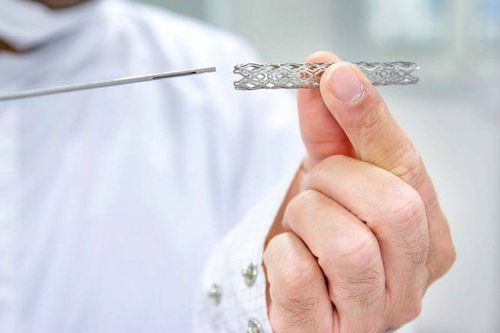
Your doctor will recommend surgery if you have one or more coronary arteries that are severely narrowed or completely blocked. The doctor will take a blood vessel from another part of your body, attach it to the coronary artery, bridge it over the narrowed area, so that blood can reach the heart muscle
Heart valve repair or replacement surgery:
When the heart valve is severely narrowed or open, affecting health, it needs to be repaired. Open heart surgery helps replace or milk the valve, to restore it to its original condition.
5. Who is susceptible to heart disease?
There are many factors that have been shown to increase the risk of cardiovascular disease, some of which are modifiable and some that are not.Factors that cannot be changed:
Age Gender Genetics. There are modifiable risk factors:
High blood pressure Dyslipidemia Smoking Smoking overweight, obesity Diabetes Diabetes Inactivity. Measures you can take to help control heart disease, daily habits that can reduce your risk of heart disease include:
Exercise regularly (30 minutes/day, most days). Maintain a healthy weight. A balanced, quality diet. Limit alcohol intake. No smoking . Vinmec International General Hospital is a leading prestigious medical facility in the field of treatment of cardiovascular diseases, including myocarditis, with a team of specialized and experienced doctors and nurses. system of modern equipment, supporting the treatment to achieve the highest efficiency.
Please dial HOTLINE for more information or register for an appointment HERE. Download MyVinmec app to make appointments faster and to manage your bookings easily.





